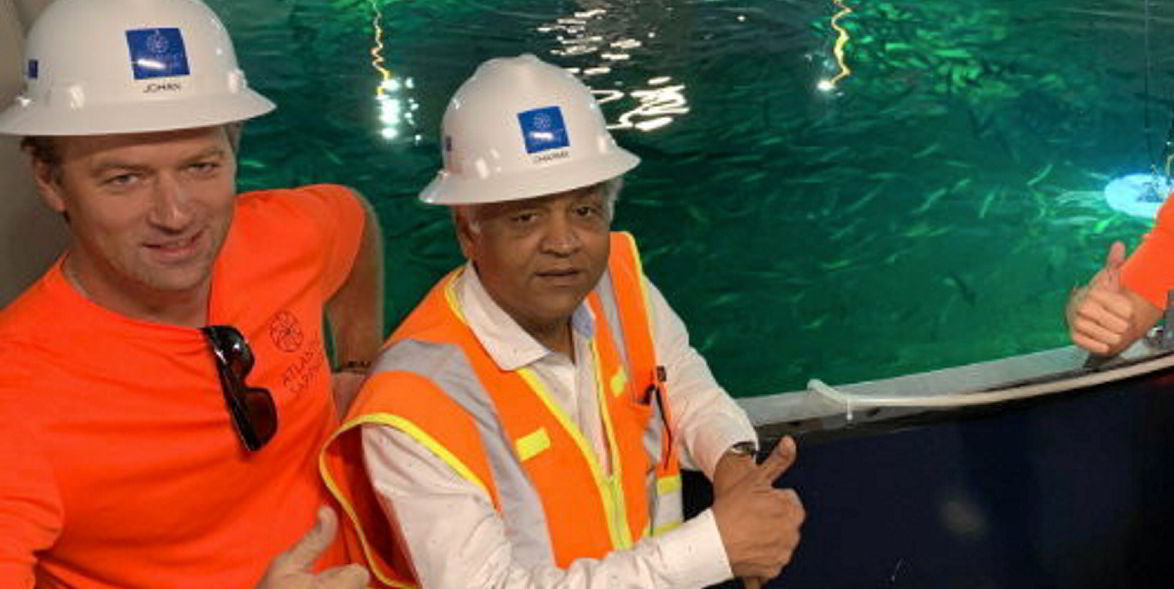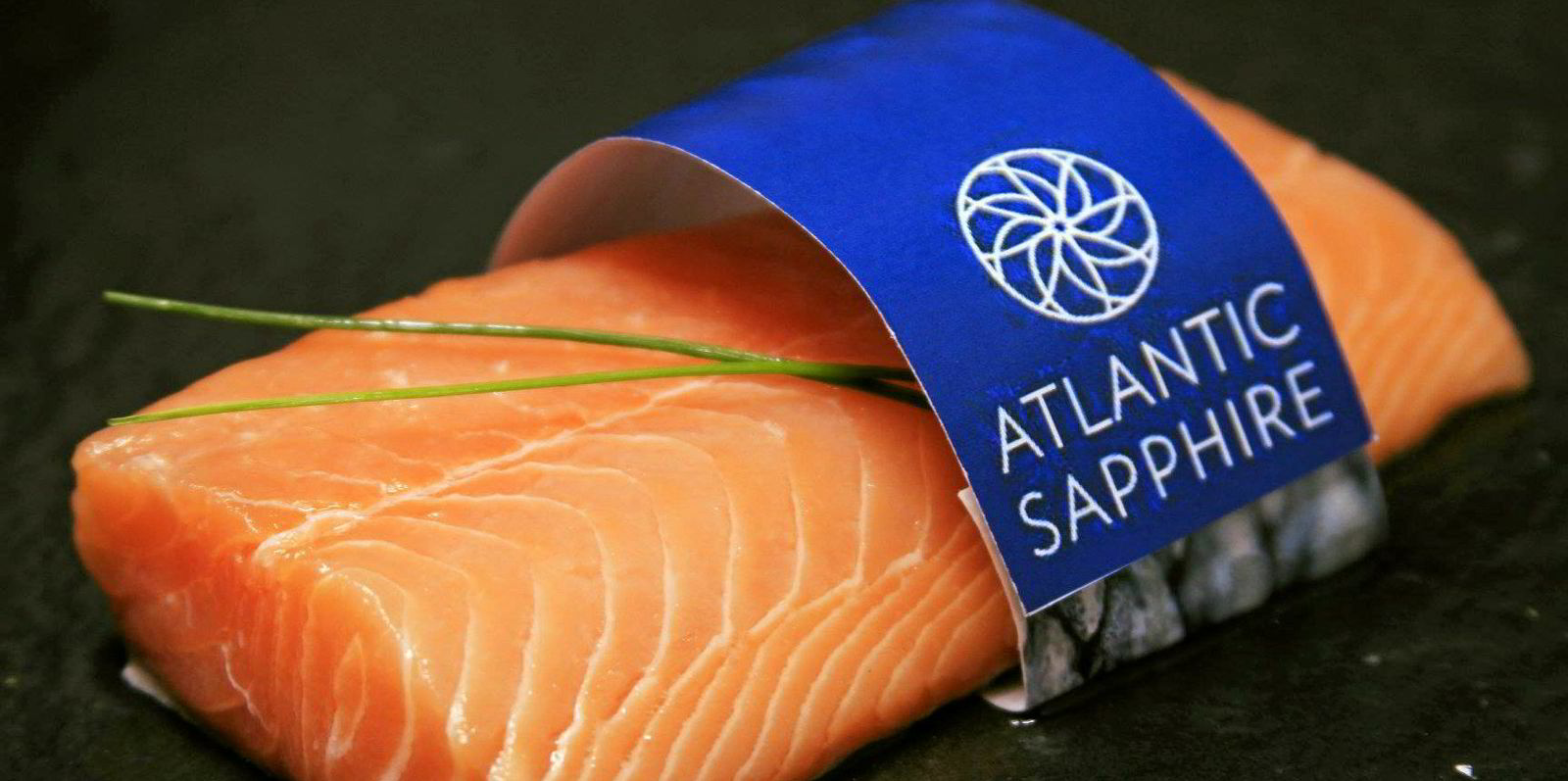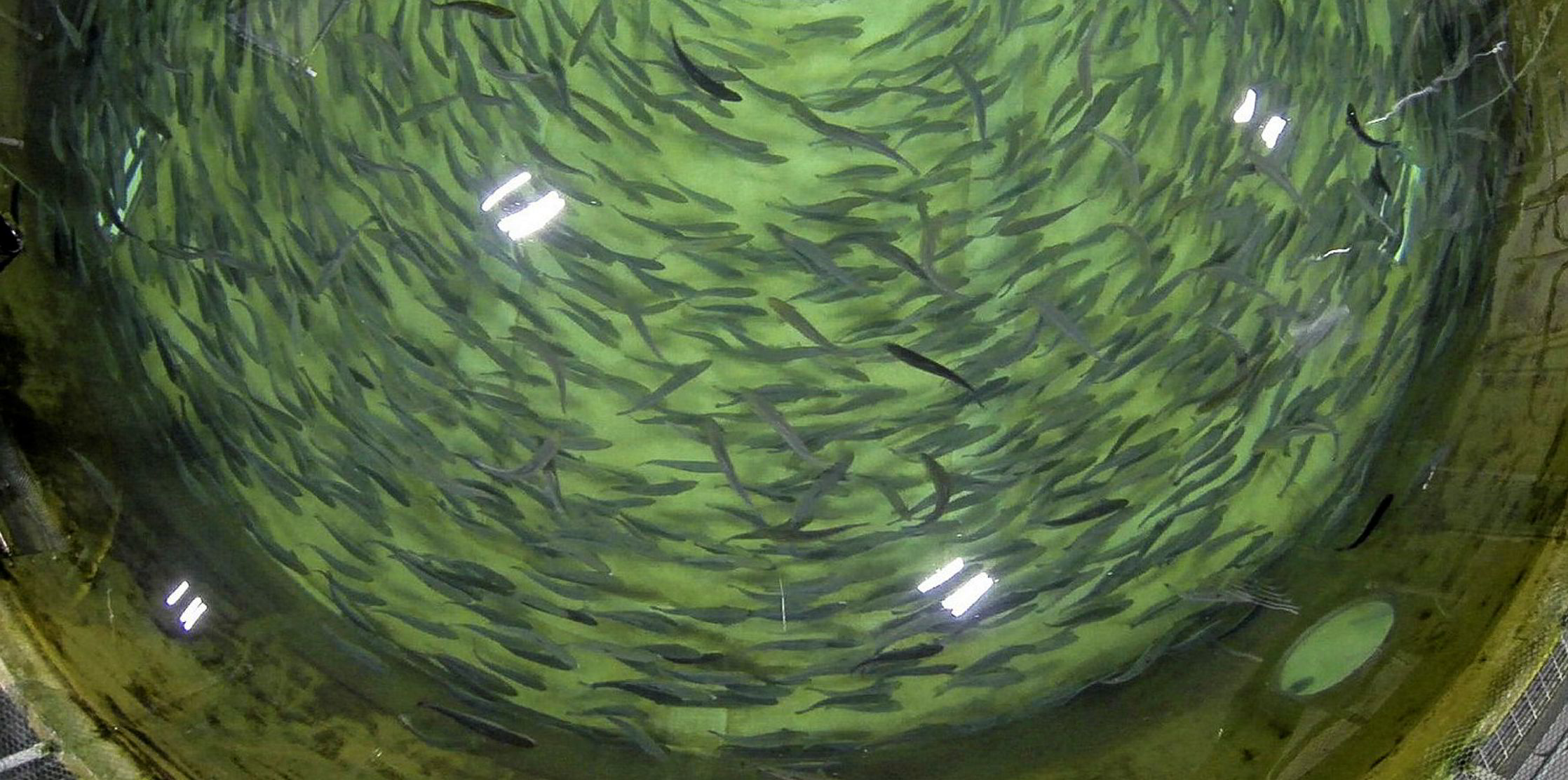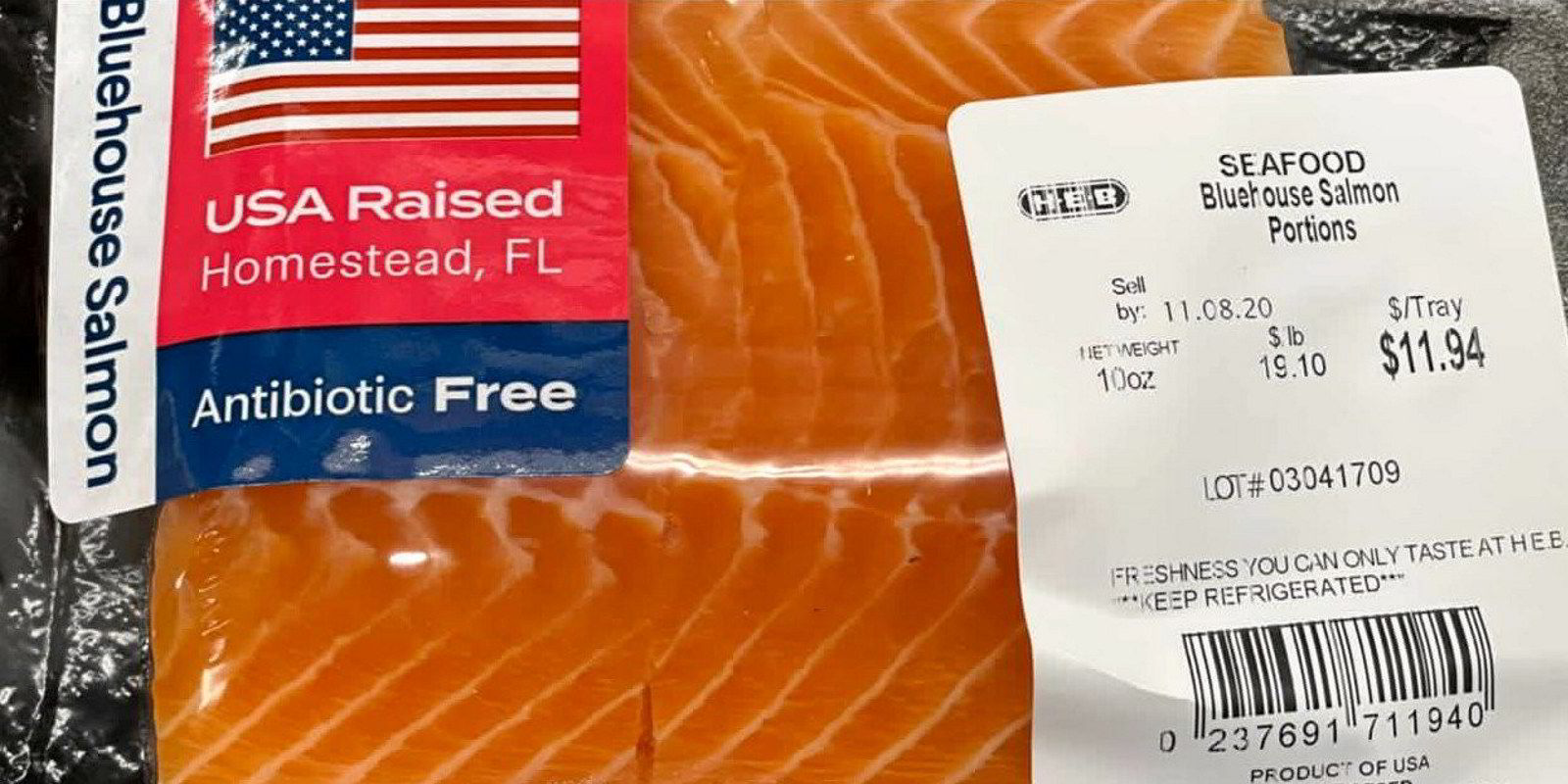Though land-based salmon farming leader Atlantic Sapphire has been among the most closely watched seafood companies in the world, Dharma Rajeswaran -- one of the key architects of the ambitious venture -- isn't a household name.
Rajesrawan, who was involved in Atlantic Sapphire's "Bluehouse" operation in Miami, Florida from the beginning, was there when the first eggs were placed into the tanks, and among the team that made the landmark first harvest of market-sized salmon.
But in the spring of last year, following a mass die-off of fish at the facility -- one of several incidents that have plagued the company over the past year and a half -- Rajeswaran went from operations director, a role he had held for several years, to chief of staff. By September, he was no longer working at the company.
There was no drama related to his departure, Rajeswaran said, but as the early excitement of the project's build-up faded into more day-to-day operations, he realized that the job was "simply too much."
First on the ground
Five years ago, when Rajeswaran was working for salmon farming giant Mowi, launching what was at the time the largest recirculating aquaculture system (RAS) farm in the world in Steinsvik, Norway, he received a call from Atlantic Sapphire CEO Johan Andreassen.
Andreassen's offer was one Rajeswaran couldn't refuse: Come to Miami to help us build the world's largest land-based salmon farm.
"It was incredibly exciting from day one," Rajeswaran told IntraFish.
"In the beginning it was just Johan and me. It was a wonderful journey where I learned a lot. I'm grateful to them for the chance I was given."
The challenges at Atlantic Sapphire have been nearly nonstop over the past year, from a devastating fire at the group's Danish facility to fish health issues to lost or under-performing retail contracts and more.
Rajeswaran calls the string of incidents at the company a result of "unfortunate circumstances," made worse by the fact that the group was building the facility and growing the fish at the same time as part of its ambitious efforts.
Read more
- Skretting building Florida land-based salmon feed facility to supply Atlantic Sapphire
- Cause of Atlantic Sapphire fire remains a mystery; group hopes for early 2022 insurance payout
- Analysts: Atlantic Sapphire fire ‘the final straw’ for investors; Market has 'complete lack of confidence in the management team'
Learning every day
Despite the risks, Rajeswaran has chosen to stay in the land-based salmon farming sector, and last month accepted a job as chief operating officer of Proximar, a Norwegian company behind plans for a Japanese land-based salmon farm near Mt. Fuji.
The land-based salmon farming sector is moving so quickly that Rajeswaran believes the risk is already lower than it was even two years ago.
He added that risks with land-based aquaculture aren't necessarily higher than in other industries, but more visible given the spotlight on the sector.
The key, of course, is stability.
"We have seen that the fish grow fast and well when we have full control of everything from feeding to the environment," Rajeswaran said. "Land-based farming is worth investing in.




